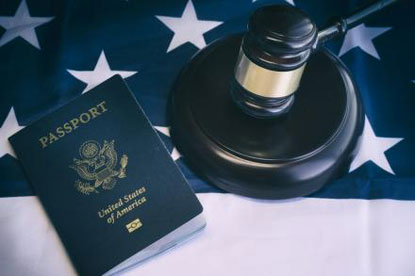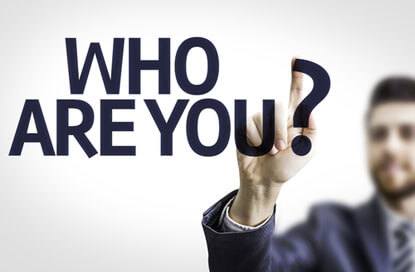A chatbot developed by OpenAI, a US-based company, has recently passed law school exams by writing essays on various legal topics such as constitutional law, taxation, and torts. This achievement has raised concerns among educators about the potential for widespread cheating and the end of traditional classroom teaching methods.
Jonathan Choi, a University of Minnesota Law School professor, gave the same exam to the chatbot, known as ChatGPT, as his students. The exam consisted of 95 multiple-choice questions and 12 essay questions. In a white paper titled “ChatGPT goes to law school,” published Monday, he and his co-authors reported that the bot scored a C+ overall.
While this was enough for a pass, the bot was near the bottom of the class in most subjects and “bombed” at multiple-choice questions involving mathematics. The paper’s authors noted, “In writing essays, ChatGPT displayed a strong grasp of basic legal rules and had consistently solid organization and composition.” However, the bot often struggled to spot issues when given an open-ended prompt, a core skill on law school exams.
Officials in New York and other jurisdictions have banned the use of ChatGPT in schools, but Professor Choi suggests that it could be a valuable teaching aide. He stated, “Overall, ChatGPT wasn’t a great law student acting alone. But we expect that collaborating with humans, language models like ChatGPT would benefit law students taking exams and practicing lawyers.”
Take action now and submit your resume to LawCrossing for access to thousands of available jobs!
He also played down the possibility of cheating, stating that two out of three markers had spotted the bot-written paper. He said the markers “had a hunch, and their hunch was right because ChatGPT had perfect grammar and was somewhat repetitive.”
It is important to note that this is not the first time that AI-powered chatbots have been used in an educational setting. AI-powered writing tools have been used to help students with their writing assignments, and AI-powered tutoring systems have been developed to help students with their studies. However, using AI-powered chatbots in a high-stakes testing environment like law school exams raises new ethical concerns.
While the use of AI-powered chatbots in law school exams may be concerning, it is also essential to consider the potential benefits of this technology. For example, AI-powered writing tools can help students improve their writing skills, and AI-powered tutoring systems can help students with their studies. Additionally, using chatbots to answer legal questions can help lawyers save time and improve their productivity.
In conclusion, using AI-powered chatbots in law school exams raises new ethical concerns about cheating and the end of traditional classroom teaching methods. Still, it also has the potential to be a valuable teaching tool for law students and practicing lawyers. As the technology continues to evolve, it will be necessary for educators and policymakers to carefully consider the ethical implications of using AI in high-stakes testing environments while also exploring the potential benefits of this technology.
REFERENCES:
ChatGPT bot passes law school exam
Don’t be a silent ninja! Let us know your thoughts in the comment section below.






































